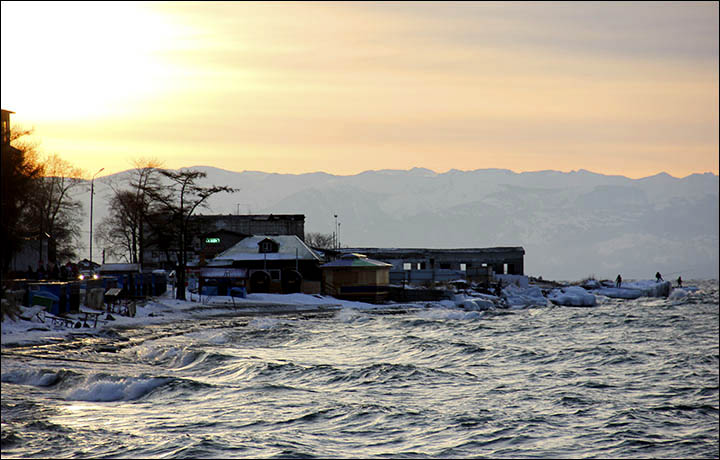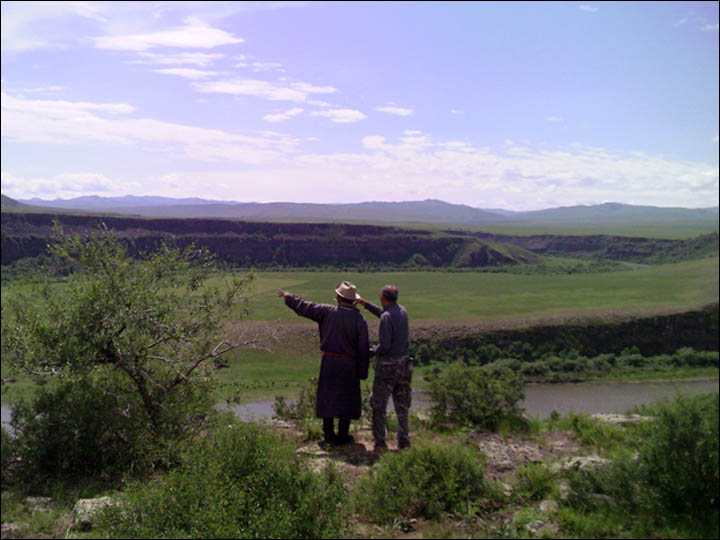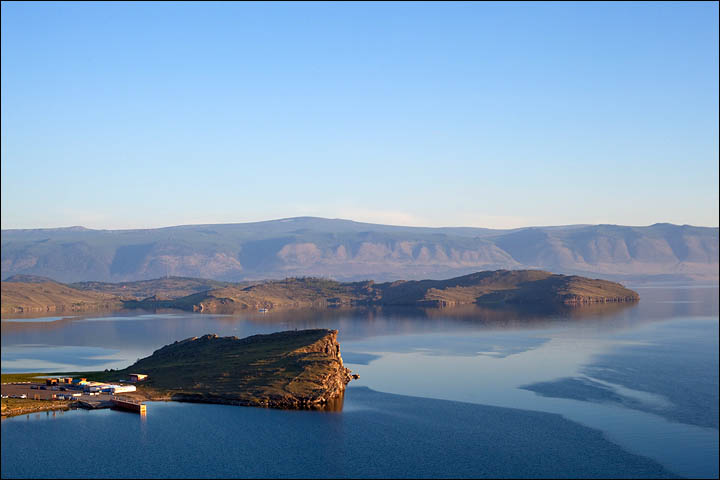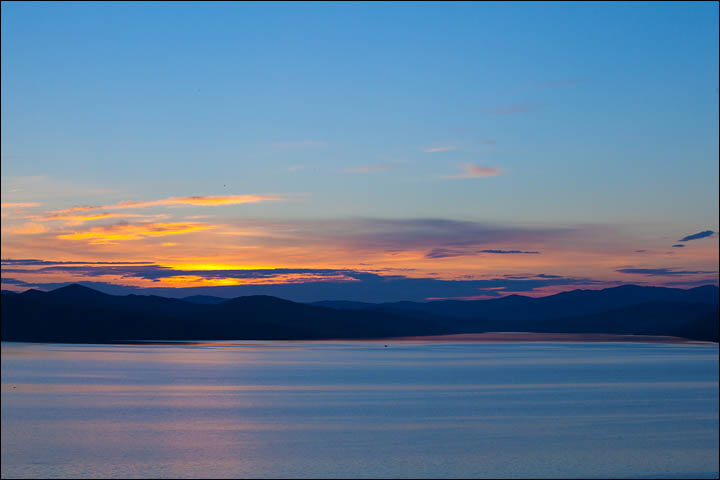Environmentalists call for World Bank to halt funding for projects that could alter flow of rivers leading into lake with water nearing critical low.

Levels at Baikal are about 40cm lower than in 2013. Picture: The Siberian Times
Lake Baikal is facing another environmental threat, this time from across the border with plans in Mongolia for a series of new hydroelectric power plants.
Campaigners including Greenpeace have made a plea to the World Bank to block funding for the major projects, which will see the plants built on tributary rivers leading to Baikal.
Among the proposals is one to dam a river and divert water to the Gobi desert.
Levels at the world's oldest and deepest freshwater lake are 40cm lower than in 2013, with water shortages in many communities already and fishermen reporting a lack of fish.
The crisis is being blamed by many on 'excessive drainage' for an existing hydroelectric station in Irkutsk, with fears water could run out in some areas by spring. Now the plans in Mongolia to build several more plants are likely to add further strain to the water levels and the unique eco-system of the Baikal region.
In its appeal to the World Bank, Greenpeace stated: 'Projects criticised by environmentalists should be stopped while there is no discussion in Mongolia and Russia about the cumulative impacts of planned dams on the ecosystem.'
Mongolia plans to build several hydroelectric plants on rivers leading into Baikal, including the Selenga, with a dam to be built on the River Orkhon. Further dams would be constructed on the Egyin-Gol, Tola, and Delgermuren rivers.

Mongolian herders at the bottom of the future water reservoir. Picture: 'Rivers without borders'
The massive facilities are able to dramatically alter the flow of water in the region, with authorities looking to send much of it to the Gobi desert.
Residents in Baikal and in Mongolia, backed by environmental organisations and campaign groups, have called on the Inspection Panel of the World Bank to defer funding what they see as these 'hazardous' projects.
Activists believe the plans could pose a problem not just for the Selenga but for Lake Baikal itself, since the river is its largest tributary. They claim the fauna will suffer and say the hydroelectric plants could alter the eco-system of the entire region.
In their appeal to the World Bank, they insist financiers have ignored and underestimated such environmental consequences.
Of additional note is the fact that the World Heritage Committee has twice warned Mongolian officials that they must follow international laws and regulations governing the protection of important UNESCO sites, of which Baikal is one.
The Convention for the Protection of the World Cultural and Natural Heritage requires that countries should not take actions that could affect World Heritage Sites in other nations.


Lake Baikal contains 20 per cent of the world’s unfrozen freshwater reserves. Picture: Vera Salnitskaya
Sergey Donskoy, Head of the Ministry of Natural Resources in Russia, recently said: 'Russia is concerned about plans for the construction of hydropower plants on the River Selenga, which may affect the ecosystem of Lake Baikal. Russia draws attention that Mongolia needs to involve competent Russian organizations to assess the impact of the project.'
Meanwhile, water levels in Baikal are continuing to drop and, when measured on February 16, were just one centimetres above the critical point of 457 metres.
A state of emergency has already been declared in parts of Siberia after water levels in Lake Baikal fell to their lowest point in 60 years. Russia's Natural Resources Minister Sergei Donskoy asked the government to intervene with fears over disruption to heat and water supplies in Buryatia and Irkutsk.
Earlier this year environmentalists said the impact on wildlife living in the area could cost one billion roubles (£9.1million).
Thought to be 25 million years old, Lake Baikal stretches for 400 miles through south-eastern Siberia, north of the Mongolian border. It contains 20 per cent of the world’s unfrozen freshwater reserves and in places is said to be about 1,700 metres deep.








0 comments:
Post a Comment